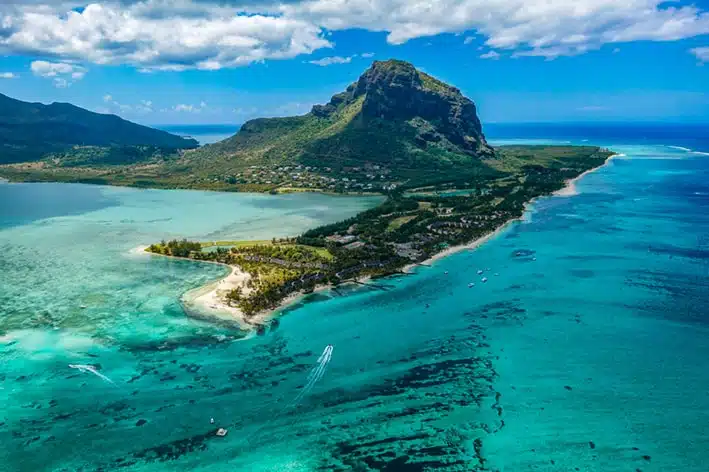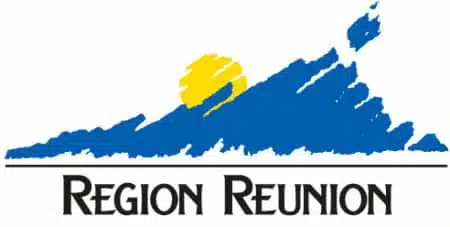Sustainable tourism seeks to minimise the environmental and social impact of its activities while also allowing them to flourish. Water management is a key element of this approach as it is a precious and limited resource. Sustainable water management is therefore crucial for preserving ecosystems and water resources for local people and tourists.
Reducing consumption in practice
In the tourism sector, water management can include practices such as:
- reducing consumption,
- collecting and storing rainwater for irrigation,
- renovating sanitation facilities and
- using clean technologies for wastewater treatment.
There are several ways to reduce water consumption:
Customer awareness: Inform customers about the importance of saving water and encourage them to embrace eco-friendly behaviours such as shorter showers, using towels and bed linen more than once, etc.
Use of efficient technologies: Install water-efficient equipment such as low-flow showers, dual-flush toilets, flow-controlled taps, etc.
Rainwater harvesting systems: Install systems to collect rainwater and use it for non-potable activities such as garden irrigation and soil cleaning.
Other recommended practices
In addition to the above, it is also recommended to:
- Monitor water consumption: Monitor water consumption and potential leaks to avoid unnecessary waste.
- Work with local suppliers: Work with local suppliers to develop sustainable practices, such as using eco-friendly products for cleaning, etc.
- Communicate: Communicate efforts to reduce water consumption, which may encourage others in the sector to embrace similar practices.
By adopting these practices, tourism stakeholders can play an important role in reducing water consumption and contributing to more sustainable tourism in the long term.







